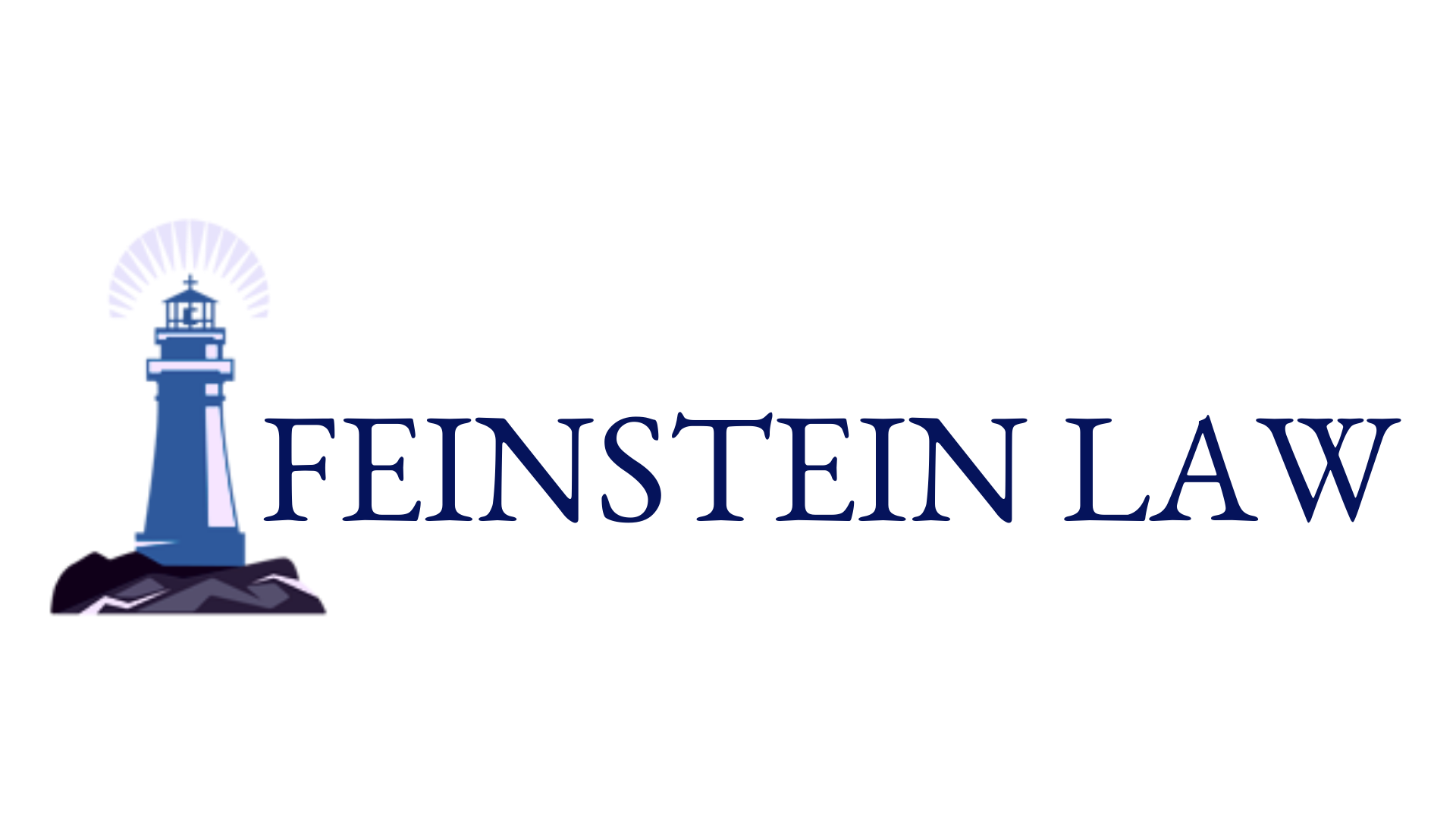Today, the U.S. Securities and Exchange Commission (“SEC”) charged HSBC’s Swiss-based private banking unit with violating federal securities laws by failing to register with the SEC before providing cross-border brokerage and investment advisory services to U.S. clients.
HSBC Private Bank (“Suisse”) not only agreed to admit wrongdoing but will also pay $12.5 million to settle the SEC’s charges. According to the SEC’s settlement order, HSBC Private Bank and its predecessors started providing cross-border advisory and broke services in the United States more than ten (10) years ago and accumulated as many as 368 U.S. client accounts and collected fees of approximately $5.7 million dollars. Swiss personnel traveled to the U.S. on at least forty (40) occasions to solicit clients, provide investment advice, and induce securities transactions with HSBC Private Bank. Additionally, these personnel contacted U.S. clients through overseas mail and emails. These advisers were not registered to provide such services and were not affiliated with a registered investment adviser or broker-dealer.
According to the SEC’s order, in 2010, HSBC Private Bank decided to exit the U.S. cross-border business and nearly all of its U.S. client accounts were closed or transferred by the end of 2011. HSBC Private Bank understood there was a risk of violating the federal securities laws by providing unregistered broker-dealer and investment advisory services to U.S. clients. Yet, HSBC undertook certain compliance initiatives in an effort to manage and mitigate the risk. HSBC created a dedicated North American desk to consolidate U.S. client accounts among a smaller number of “relationship managers” and service them in a compliant manner that would not violate U.S. registration requirements. However, relationship managers were reluctant to lose clients (and funds) by transferring them to HSBC’s North American desk. Even HSBC Private Bank’s own internal reviews revealed on multiple occasions that U.S. accounts that were expected to be closed under certain compliance initiatives remained open.
The SEC’s order finds that HSBC Private Bank willfully violated Section 15(a) of the Securities Exchange Act of 1934 and Section 203(a) of the Investment Advisers Act of 1940. HSBC Private Bank agreed to admit the facts in the SEC’s order, acknowledge that its conduct violated the federal securities laws, and accept a censure and a cease-and-desist order. The firm agreed to pay $5,723,193 in disgorgement, $4,215,543 in prejudgment interest, and a $2.6 million penalty for a total of $12.5 million dollars.
If your company is the subject of an enforcement action, please contact us immediately at (619) 990-7491.
This securities law blog post about investor enforcement is provided as a general informational service to clients and friends of Feinstein Law, PA and should not be construed as, and does not constitute, legal and compliance advice on any specific matter, nor does this message create an attorney-client relationship. © Feinstein Law, PA, 2014.
For more information concerning the rules and regulations affecting the going public direct transactions, direct public offerings, or dual listing, please contact Feinstein Law, PA at ![]() (619) 990-7491 or by email at Todd@Feinsteinlawfirm.com or JDunsmoor@Feinsteinlawfirm.com. Please note that the prior results discussed herein do not guarantee similar outcomes. Todd Feinstein is admitted in Florida and Jonathan Dunsmoor is admitted in New York.
(619) 990-7491 or by email at Todd@Feinsteinlawfirm.com or JDunsmoor@Feinsteinlawfirm.com. Please note that the prior results discussed herein do not guarantee similar outcomes. Todd Feinstein is admitted in Florida and Jonathan Dunsmoor is admitted in New York.

